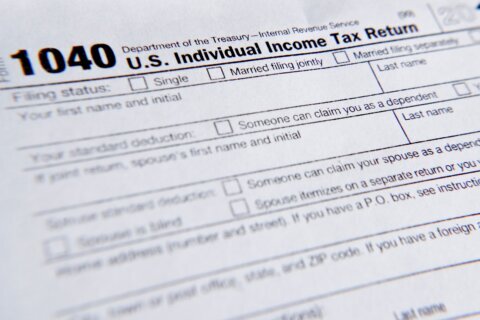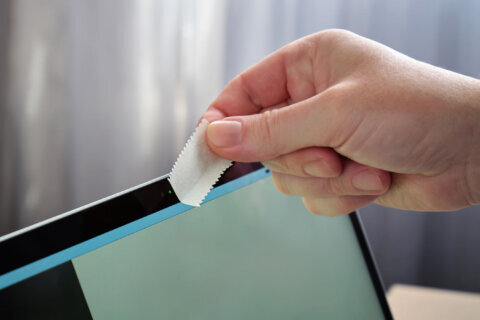WASHINGTON — As the promise of a self-driving car gets closer to reality, legal questions abound.
The computer inside Tesla Motors’ Model S electric car is regularly upgraded the same way your smartphone is, and CEO Elon Musk says a software update coming this summer will allow the car to drive itself on major roads and highways. He calls it “auto steering.”
The upgrade will allow drivers to summon the car, through a smartphone app, to come get them.
The Model S will be able drive itself out of a garage — as long as it’s on private property — pick you up, then later drop you off and garage itself again.
The Wall Street Journal reports that there are no federal laws in the way of this, but University of Richmond law professor Carl Tobias wonders who would be at fault if a moving car with no driver inside strikes a person or is involved in some other kind of accident.
Also in question is whether the upcoming software update will mean the Model S can be legally considered a self-driving, or autonomous, car.
Only D.C. and a few states have laws allowing average commuters to use autonomous cars.
Both federal regulators and those in California, where Tesla is based, say they’re working closely with the automaker ahead of the upgrade.








